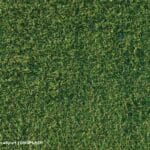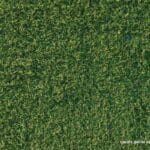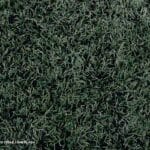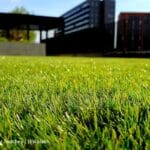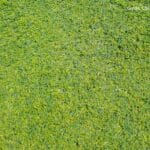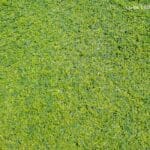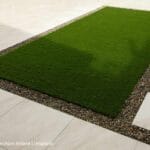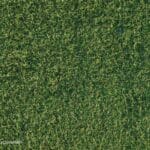For many people, the arrival of spring and summer signals more time outdoors, enjoying lush green lawns and sunny weather. However, for allergy sufferers, these seasons can bring a host of challenges. Pollen, grass clippings, and other allergens often turn time spent outside into a struggle with sneezing, itchy eyes, and respiratory discomfort. Fortunately, artificial grass offers a practical solution that can dramatically improve outdoor experiences for those plagued by allergies.
The Problem with Natural Grass
Natural grass is a common trigger for allergies. While there are methods you can use to reduce grass pollen during allergy season, there’s no denying natural grass is a common culprit for triggering allergies. The problem lies not just in the grass itself but also in the elements it supports. Grass pollen, a leading cause of seasonal allergies, is released into the air during warmer months. When combined with weeds, mould, and insects that thrive in natural lawns, it creates an environment filled with irritants for allergy sufferers.
Maintaining natural grass often exacerbates the problem. Regular mowing stirs up allergens, while fertilisers and pesticides introduce additional chemicals that can trigger allergic reactions. Even watering the lawn can encourage the growth of mould and mildew, which are notorious for causing respiratory issues. For individuals with sensitive immune systems, natural grass can make outdoor enjoyment seem impossible.
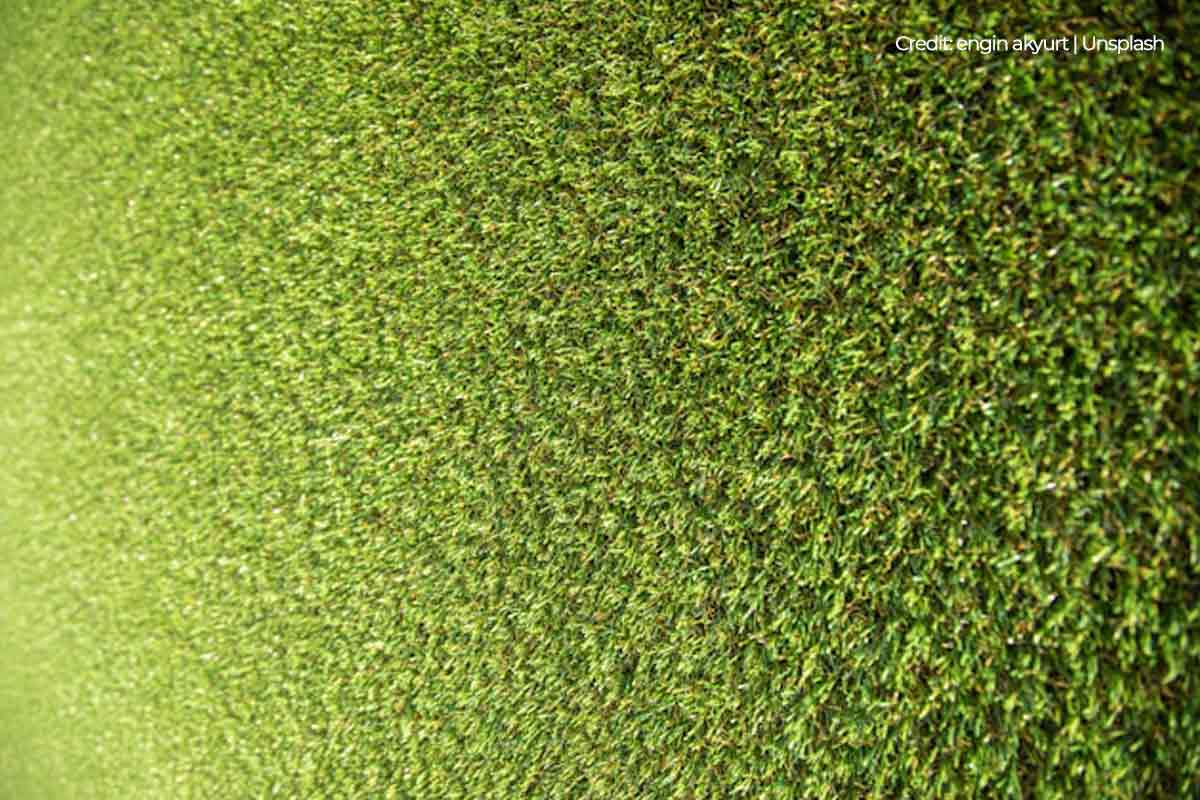
How Artificial Grass Reduces Allergens
Artificial grass provides a clean, low-maintenance alternative to natural lawns. Its synthetic nature means it does not produce pollen or harbour weeds, significantly reducing the presence of allergens in your outdoor space.
Without natural soil, artificial grass also eliminates environments where mould, mildew, and pests can thrive. This can be especially beneficial for individuals with asthma or severe allergies, as it reduces the overall allergen load in their immediate environment.
Another advantage is that artificial grass does not require mowing, fertilising, or watering, all of which can stir up allergens or introduce irritants. The absence of these tasks allows for a healthier, allergy-friendly lawn that requires minimal upkeep.
Enhancing Comfort and Accessibility
Artificial grass offers more than just allergen reduction; it also provides comfort and accessibility. Many allergy sufferers do all in their power to deal with allergy symptoms, including avoiding too much time out of doors because they associate it with discomfort. Synthetic turf creates a welcoming environment that encourages outdoor activities, from barbecues to gardening.
Unlike natural grass, which can become patchy or muddy, artificial grass remains lush and green year-round. It provides a soft, even surface that is both visually appealing and functional. For people with mobility issues or other sensitivities, this consistency can make outdoor spaces far more enjoyable and accessible.
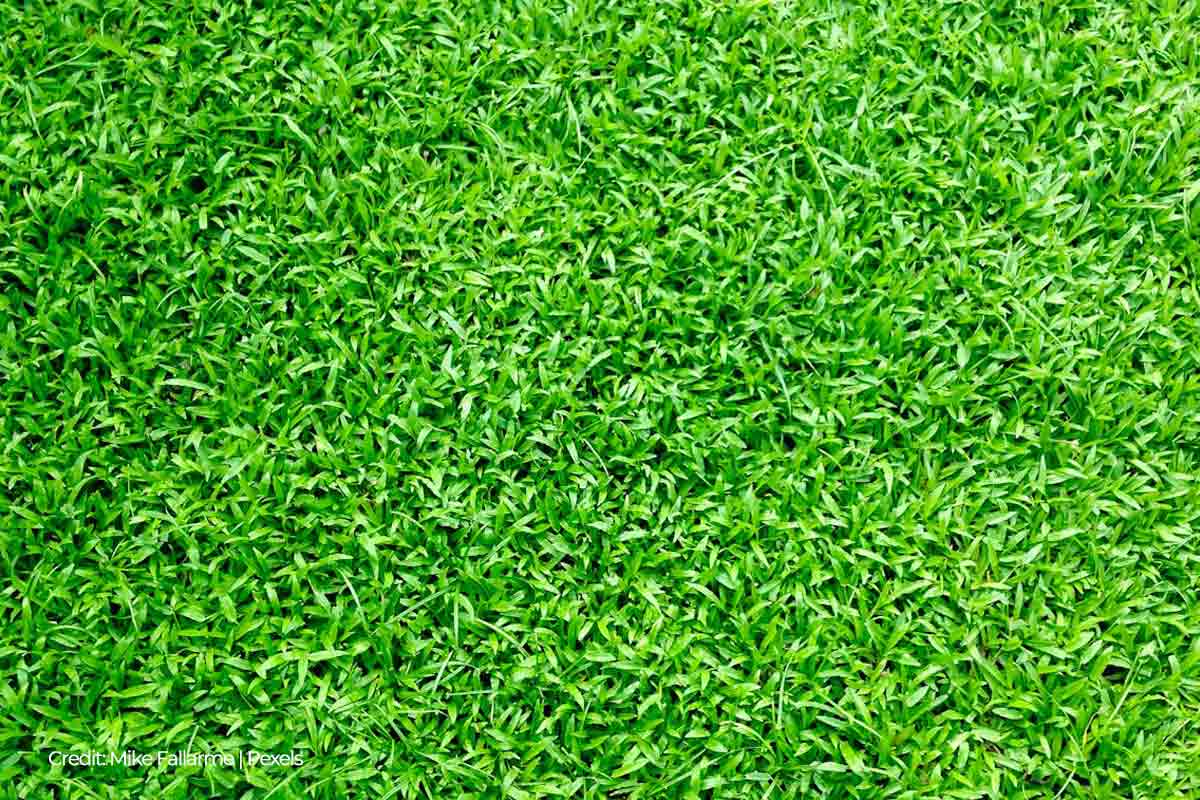
Cleaner and Safer Outdoor Living
One of the standout benefits of artificial grass is how easy it is to clean and maintain. Synthetic turf can be rinsed with water to remove dust, pet dander, and other particles that might accumulate. Some artificial grass products even feature built-in antimicrobial properties, ensuring a hygienic surface free of harmful bacteria and allergens.
For households with pets or children, this ease of cleaning is especially valuable. Pet owners, in particular, appreciate that artificial grass resists odours and does not attract fleas or ticks, which can exacerbate allergies. Families can confidently let their children play outside without worrying about exposure to irritants commonly found in natural grass.
Environmental Considerations
While artificial grass has often been criticised for its environmental impact, advancements in technology have made it more eco-friendly. Many modern synthetic grass products are made from recyclable materials and feature permeable backing that allows rainwater to filter through, supporting natural drainage.
Additionally, switching to artificial grass can reduce water consumption, eliminate the need for harmful lawn chemicals, and lower carbon emissions by removing the need for lawn mowing. These factors contribute to a greener, more sustainable lifestyle while enhancing the health and comfort of allergy sufferers.
The Long-Term Benefits
Investing in artificial grass offers long-term benefits for allergy sufferers. Beyond its immediate impact on allergen reduction, synthetic turf is highly durable and designed to withstand years of use. Its low-maintenance nature frees up time and energy, allowing homeowners to focus on activities they enjoy rather than managing their lawns.
For those who have struggled to maintain a natural lawn due to allergies, artificial grass represents a transformative solution. It creates a safe, allergen-free environment that promotes outdoor living, helping individuals reclaim their gardens and enjoy life to the fullest.
—
Allergies can significantly impact quality of life, particularly when they limit outdoor activities. Artificial grass provides a practical, attractive solution that reduces allergens, enhances comfort, and supports sustainable living. By replacing natural grass with synthetic turf, allergy sufferers can transform their outdoor spaces into havens of relaxation and enjoyment, free from the irritants that once held them back.
Say goodbye to allergies and hello to a healthier, happier outdoor lifestyle with artificial grass. It’s a choice that not only benefits individuals but also supports a cleaner, more sustainable environment for everyone.
When you’re shopping around for artificial grass to help you overcome your allergies, Lazy Lawn is here to offer a hand. We offer a wide range of artificial turf options to boost your curb appeal and keep your maintenance needs low. When you need assistance installing your new synthetic turf, our team can walk you through the process, ensuring a smooth installation. Give us a call now at (888) 622-5296 to invest in synthetic turf and alleviate your allergies.




